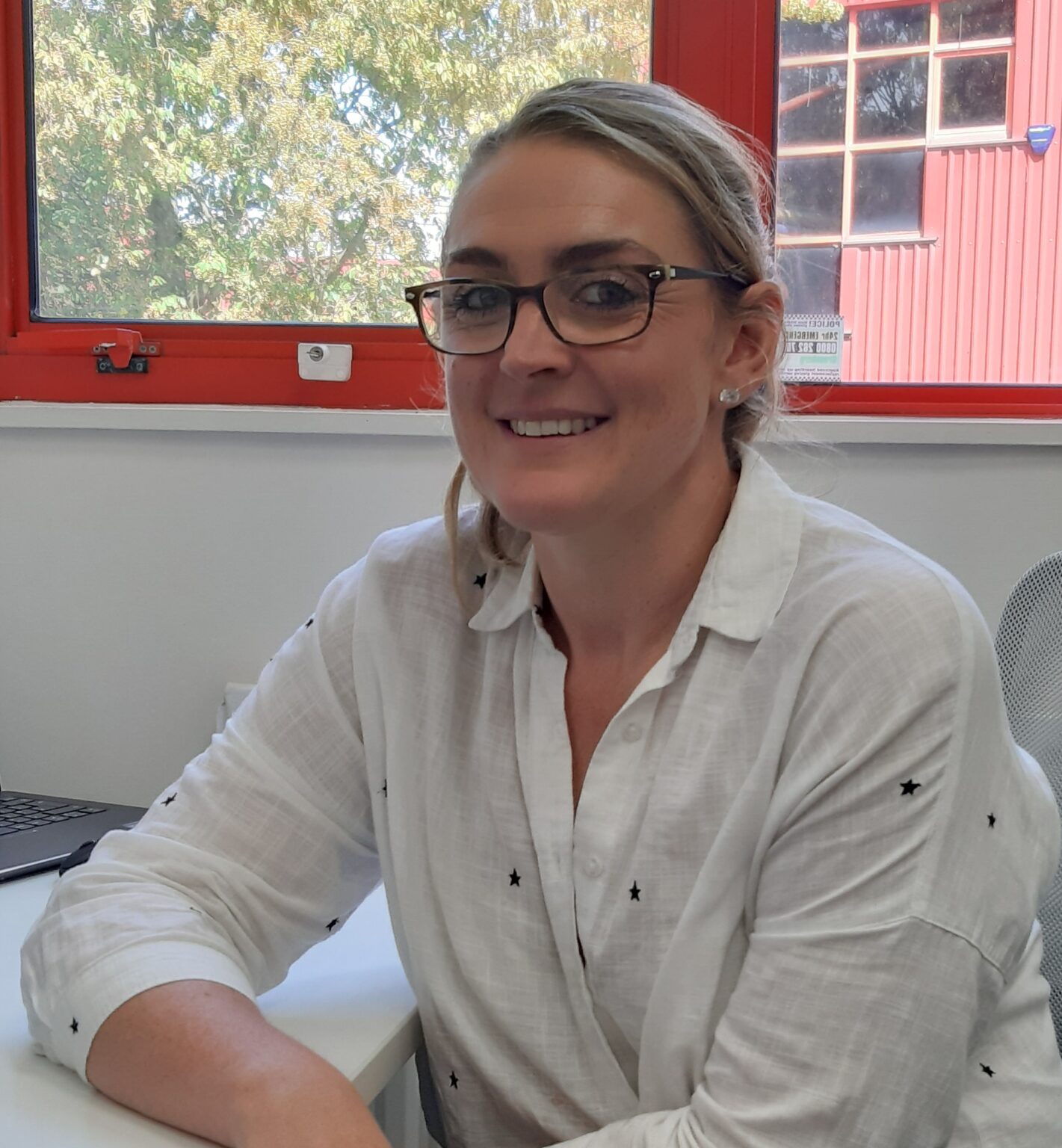Articles

Laura Marshall,
Co-founder
What's all the hype about? Quality Improvement.
I was delighted to see this publication in the British Medical Journal (BMJ) “Quality Improvement in Practice”.
We talk about change and the journey of change so frequently in healthcare that it has actually ground us to a great big halt. Yet, in recent weeks we have had to change despite all odds and adapt to a completely new way of working in and out of healthcare. What does this mean for us, and for healthcare?
Quality Improvement is steadily becoming the ‘go-to’ science that is believed will aid us in improving and developing healthcare service delivery and implementation, to help us sustain and transform the future.
As an improvement scientist and having had the privilege of studying this wonderful subject, I understand the magic and opportunity it can bring. However, what has been and continues to be my worry, is how we bring this to the people, and by the people, I mean our colleagues, co-workers, teams and their leaders.
QI talks about the translational gap between academia, science and practice and the belief that QI can help lessen this gap. This is absolutely true, it can…..but unless we want to fall into our own translational gap, we must apply the same theory….how do we get QI knowledge and practical skills more broadly and widely available and ‘taught’ to frontline staff and teams? If we don’t then we will miss QI’s true and wonderful ability to see healthcare through a different lens. QI cannot be just an academic perspective and it cannot be an elitist set of skills that marginalise key operational staff. We have to use it as it was intended, in practice.
It is my absolute belief that we have to take this to the people and the people we serve to co-produce and create a service and system that not only meets the needs of the people, but supports an environment where our staff feel empowered, listened to, and have some control over the care they deliver. It doesn’t have to be complicated, and it doesn’t have to be time greedy, and absolutely anyone can use it.
Agreed, QI alone will not tackle all health and care delivery challenges, we face but it should, in my opinion, be an integral component of all our ‘toolkits’ now more than ever to lead, transform and sustain our much-loved health and social care service.
By Laura Marshall, published 14th April 2020.
